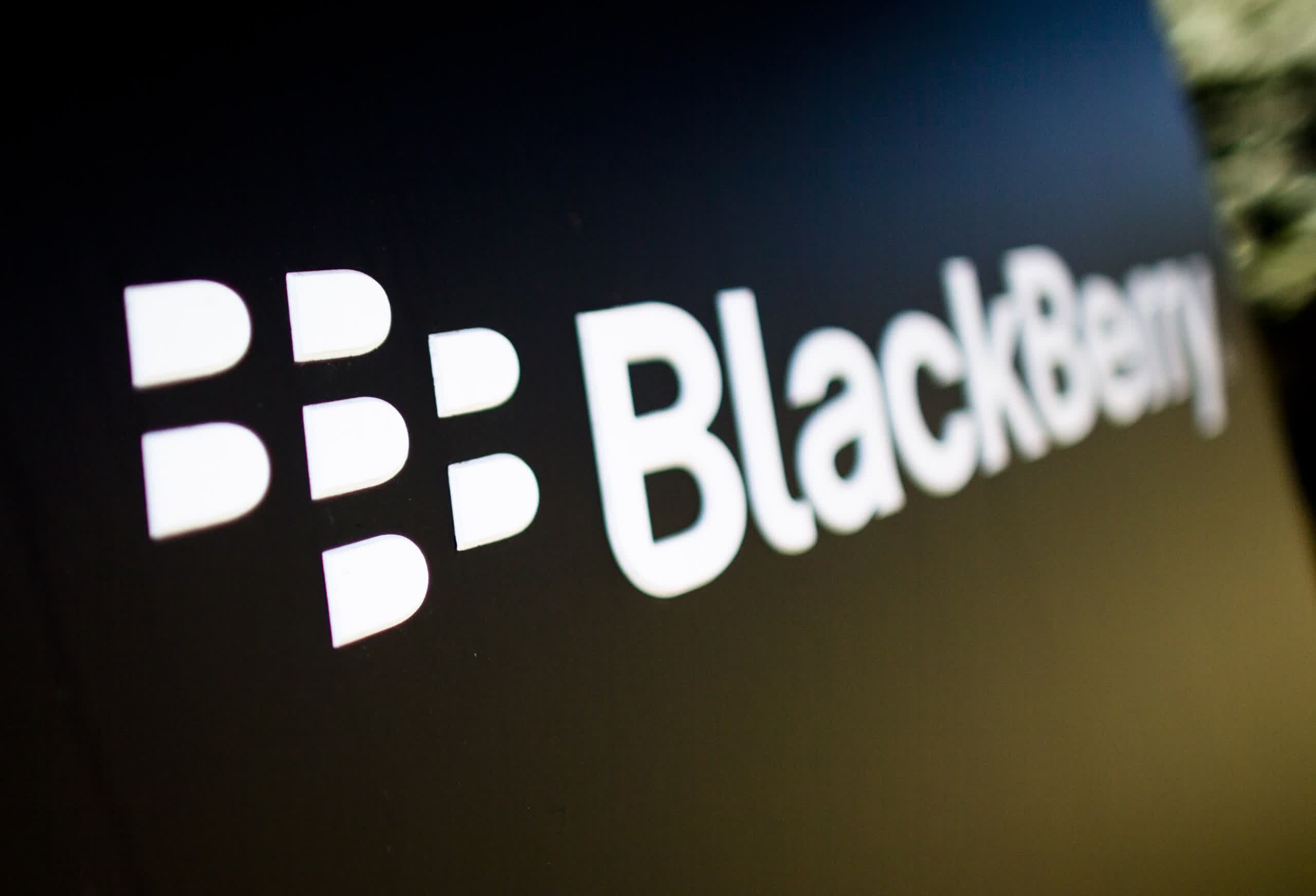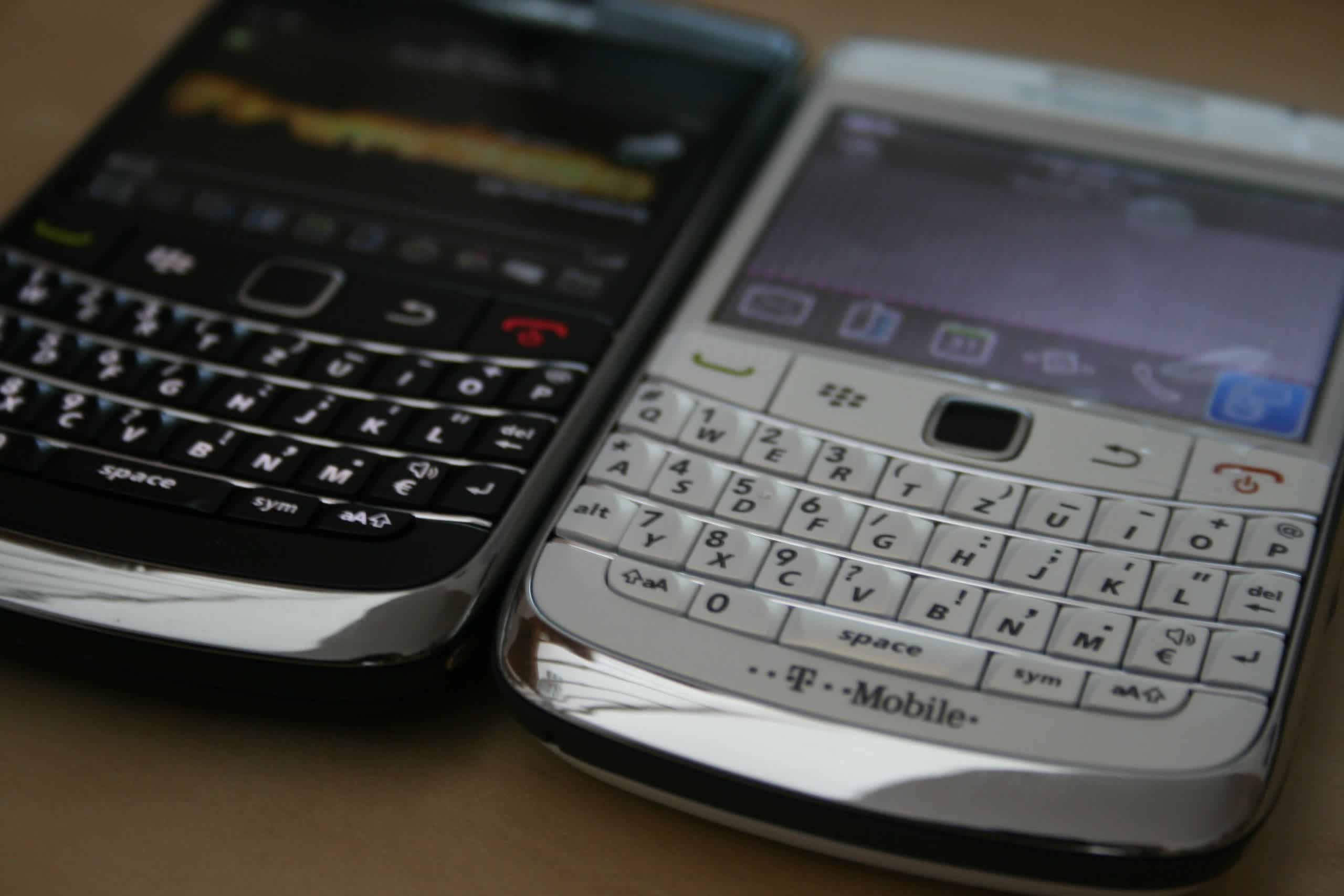Bottom line: BlackBerry announced this week that it will stop support for legacy services running its operating system in the next few days. Functionality that simply won't be there anymore includes basic things like making phone calls and text messaging, effectively ending the life of older BlackBerry phones (all models not running Android) as communication devices.
The original announcement that BlackBerry was ending legacy OS support came in September 2020. This week the company issued a reminder along with an extensive FAQ outlining what users should do. On January 4, legacy services for BlackBerry 7.1 OS and earlier, BlackBerry 10 software, BlackBerry PlayBook OS 2.1 and earlier, will end.
Devices running those operating systems, which the FAQ lists, won't be able to make calls, send texts, or even dial 9-1-1 over cellular or Wi-Fi.
This also includes BlackBerry Desktop, Lin, Blend, World, Protect, Password Keeper, PIN to PIN device messaging, Enhanced Sim Based Licensing, and Identity Based Licensing. BlackBerry-hosted email addresses will also stop working, even on other platforms like Android and iOS.

BBM for Enterprise and BBM Enterprise for Individual use will still work through BlackBerry ID outside the OS that are reaching end-of-life. BlackBerry says users should move any data to other devices and platforms, calling their service providers where necessary.
In another era, the BlackBerry was a mainstay in mobile computing before smartphones subsumed its functions. Even in that market it couldn't survive the likes of Apple and Samsung. End-of-life for BlackBerry's internal software has been a long time coming.
In 2016 BlackBerry stopped building its own phones to focus solely on software, launching the last phone designed in-house in 2017. In 2020, TCL also stopped manufacturing BlackBerry phones. BlackBerry has been offering Android phones ever since.
